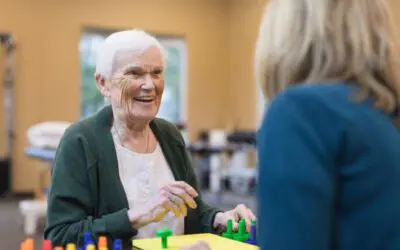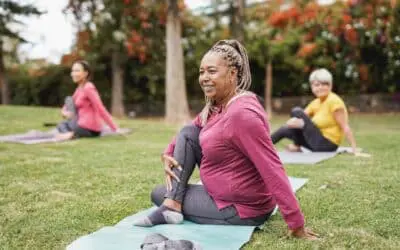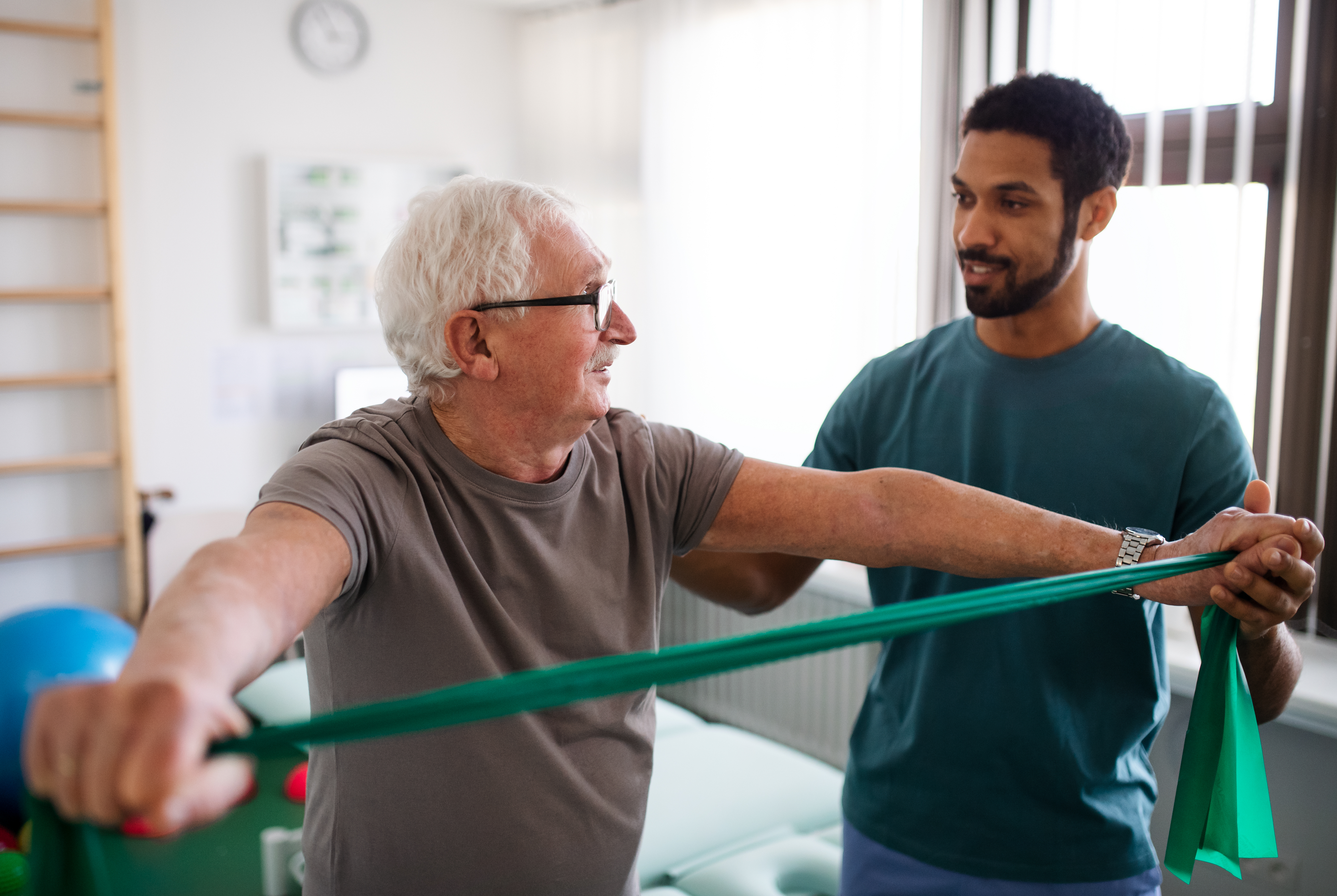
BLOG
Most Popular Posts
The Benefits of Socialization in Assisted Living
In today’s aging society, providing quality of life for our seniors has become more important than ever. Assisted living facilities, with their focus on combining independence with support, play a pivotal role in achieving this goal. An often understated but vital aspect of assisted living is the opportunity for socialization it offers its residents. Social interaction is not just a mere pastime but a key component of physical and mental health, especially in eldercare.
Does Speech Therapy Work For Seniors? The Impact Of Speech Therapy On Aging Adults
Speech therapy isn’t just for children or young adults. Adults can greatly benefit from it, too, especially those who might be recovering from a stroke or brain injury, struggling with a speech disorder, or even wanting to reduce their accent. Speech therapy for adults is a transformative journey, helping individuals regain their confidence, improve their communication skills, and, ultimately, enhance their quality of life. In this blog, we will explore the value and impact of speech therapy for adults.
Does Occupational Therapy Improve Quality of Life?
Occupational therapy (OT) is a healthcare profession that focuses on helping people with disabilities or injuries to participate in daily activities and improve their overall quality of life. Through the use of specialized strategies and interventions, occupational therapists aim to promote independence, well-being, and participation in meaningful occupations for their clients.
What Diagnoses Do Occupational Therapists Treat?
Occupational therapists (OTs) play an essential role in healthcare, providing essential support and interventions for a wide range of diagnoses. Their work spans all ages, from infants to the elderly, helping individuals overcome obstacles caused by physical, mental, or emotional conditions. These professionals bring a holistic approach to healthcare, striving to enhance their patients’ ability to participate in everyday activities, thus improving their overall quality of life.
When Should You Stop Physical Therapy?
Determining the appropriate time to stop physical therapy can be a pivotal decision in one’s recovery journey. It is a question that hinges on many factors, such as the nature of the injury, the progress achieved, and the individual’s overall health condition.
How Often You Should Visit Your Loved One In A Skilled Nursing Facility
Visiting loved ones in skilled nursing facilities is an act of care that carries immense value both for the residents and the visitors. Balancing the frequency of these visits with the reality of our own bustling lives can be challenging, yet it is crucial for maintaining strong familial bonds and supporting the emotional well-being of those in long-term care.
How To Help A Senior Into Their Wheelchair
In the realm of eldercare, ensuring the safety and comfort of seniors as they navigate their daily routines is paramount. One common task that can pose a challenge is assisting a senior into their wheelchair. This guide aims to provide step-by-step instructions to ensure this process is done safely and comfortably for both the senior and caregiver, minimizing the risk of falls or injury. By adhering to these guidelines, caregivers can offer the essential support seniors need while promoting their autonomy and dignity.
Common Physical Disabilities In Seniors
Physical disabilities in older adults are a significant public health concern and a leading cause of functional impairments and reduced quality of life. These disabilities represent diverse conditions, each with unique characteristics and challenges. Understanding these conditions is paramount for healthcare providers, caregivers, and families to provide appropriate care and support, enhancing the individual’s independence and overall well-being.
Unlock the Secrets of Caregiving: Your Essential Guide to Responsibilities
Caring for another individual—be it an aging parent, a spouse with a chronic illness, or a child with special needs—is a role of monumental importance. Serving as a caregiver requires empathy, patience, and a profound sense of responsibility. Caregivers are the pillars of support for those they look after, offering practical help like managing medication or providing transportation and emotional support in the face of life’s challenges.
How To Choose The Right Lift Device For Your Aging Loved One
Navigating through the world of patient lifts can feel daunting, especially when you’re tasked with ensuring comfort and safety for seniors with limited mobility. These essential tools, found in nursing homes, private residences, and hospitals alike, are all about making life a bit easier for everyone involved. They elegantly handle the transitions from chair to bed, sitting to standing, and vice versa, all while minimizing the risk of injury.










